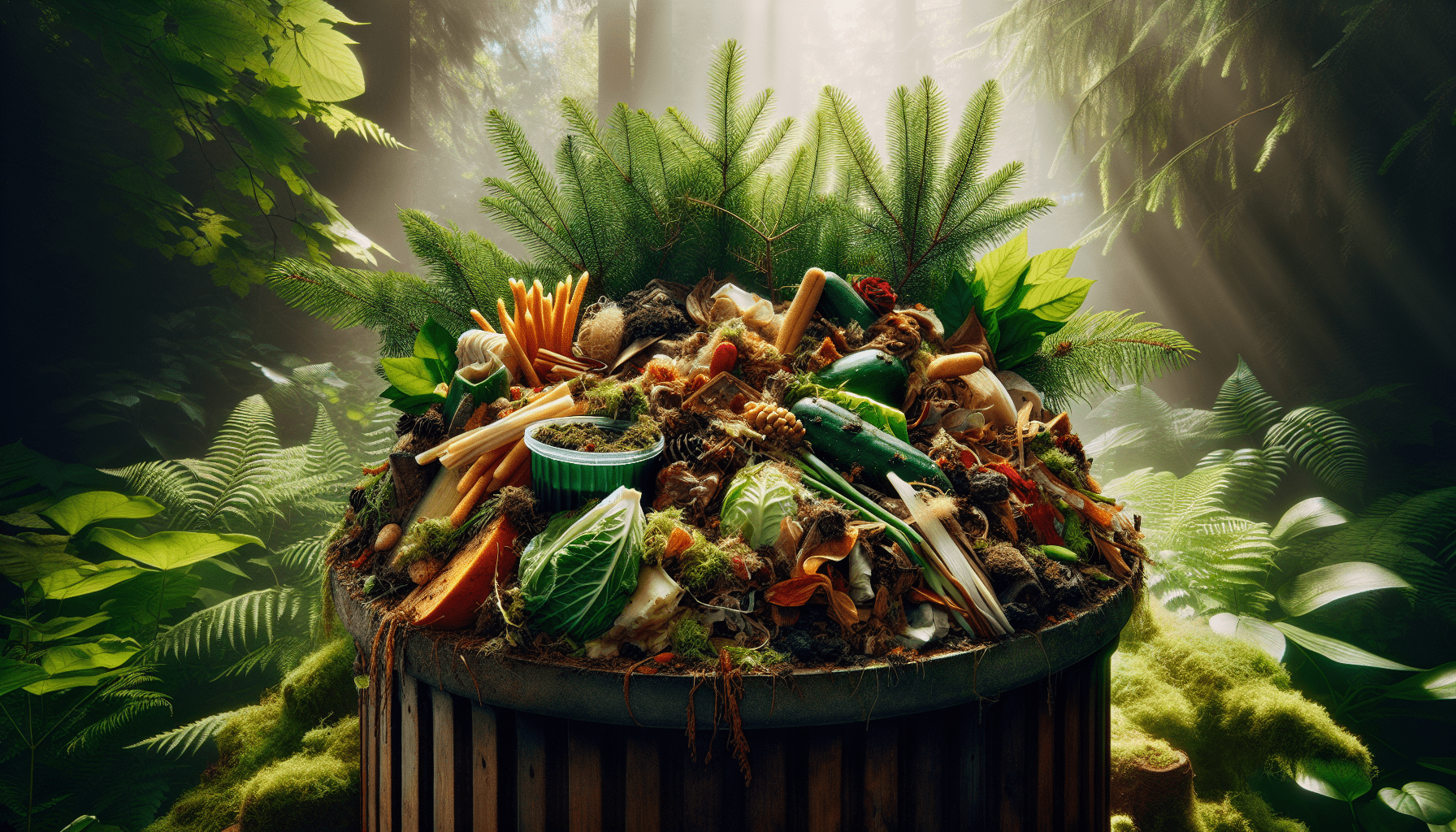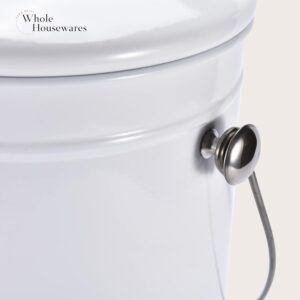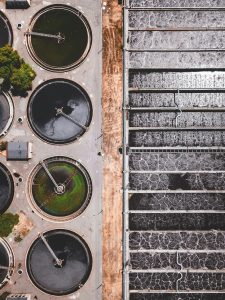Certainly! Let’s dive into this enjoyable exploration together.
In the article “Can I Compost Pine Needles?”, we take a closer look at the often-asked question: Can we compost pine needles? We’ll share insights on whether these resilient little needles can become a valuable part of our compost pile, discuss their benefits and drawbacks, and provide helpful tips for incorporating them into our green practices. Join us as we unravel the mysteries of pine needles in composting and discover how they can contribute to a thriving, nutrient-rich garden! Have you ever looked at a pile of pine needles in your yard and wondered, “Can I compost these?” Well, we have, and thankfully, the answer is yes! Composting pine needles can seem like a daunting task because they decompose slowly and have a high acidity level. But don’t worry, we’re here to guide you through the process and help you turn those prickly needles into rich, beneficial compost.

Understanding Pine Needles and Their Composition
Pine needles, also known as pine straw, are the long, thin leaves from pine trees. They naturally accumulate beneath the tree and can be used for various purposes, including composting. However, understanding their composition is key to successful composting.
Why Pine Needles Decompose Slowly
Pine needles contain a high amount of lignin, a complex organic polymer found in their cell walls, which makes them more resistant to decomposition. Unlike other leaves that break down more quickly, pine needles can take several years to fully decompose if left on their own. This slower decomposition rate might seem like a disadvantage, but with the right approach, we can expedite the process.
Can I Compost Pine Needles?
The Acidity of Pine Needles
Another point to consider is the acidity of pine needles. Fresh pine needles have a low pH level, making them acidic. While this high acidity can be beneficial in specific gardening scenarios, it’s something we need to manage wisely in the composting process to avoid causing imbalances in the compost pile.
The Benefits of Composting Pine Needles
Despite the challenges, composting pine needles has several benefits.
Natural Mulch and Soil Conditioner
Pine needles make excellent mulch. When composted, they can improve soil structure, enhance moisture retention, and prevent soil erosion.
Weed Suppression
Pine needles used as mulch can help suppress weeds, reducing the time and effort we need to spend on garden maintenance.
Adding Nutrients to Compost
When combined properly in a compost pile, pine needles contribute essential nutrients like carbon, which is vital for the composting process.
Preparing Pine Needles for Composting
Before adding pine needles to our compost pile, it’s essential to prepare them properly to ensure effective decomposition.
Shredding Pine Needles
Shredding pine needles increases their surface area, making it easier for microorganisms to break them down. We can use a leaf shredder or a lawn mower with a mulching blade to shred the needles.
Dry or Green Pine Needles?
Pine needles can be added to the compost pile whether they are dry or green. Dry pine needles are considered “brown” material, rich in carbon. Green pine needles, on the other hand, have higher nitrogen content and act as a “green” material. Balancing these carbon and nitrogen inputs is crucial for an active compost pile.
Mixing with Other Materials
For the best results, we should mix pine needles with other compostable materials to create a balanced compost pile. Here’s a quick reference table to help us mix the right materials:
| Material | Category | Examples |
|---|---|---|
| Pine Needles | Browns | Shredded pine needles, dry leaves |
| Greens | Greens | Grass clippings, vegetable scraps, coffee grounds |
| Browns | Browns | Straw, paper, cardboard |
| Greens | Greens | Garden trimmings, manure |
Building the Compost Pile
Creating a well-structured compost pile is crucial for managing pine needles effectively.
Layering the Materials
We should start by creating layers of browns and greens. A good practice is to alternate between high-carbon materials like pine needles and high-nitrogen materials. This layering ensures proper aeration and helps maintain the correct moisture levels.
Maintaining Moisture Levels
Moisture is a key factor in composting. The compost pile should be as moist as a wrung-out sponge. If the pile is too dry, the decomposition process will slow down. Conversely, if it’s too wet, it may become anaerobic, causing unpleasant odors. Regularly check the moisture levels and adjust accordingly by adding water or dry materials.
Turning the Pile
Turning the compost pile regularly helps aerate it, promoting faster decomposition. For a pile that includes pine needles, we should aim to turn it every two to three weeks. This not only helps to break down the pine needles but also ensures that the entire pile decomposes evenly.

Managing the Compost Pile
Once we’ve built our compost pile, it’s important to manage it properly to ensure successful composting of pine needles.
Monitoring Temperature
A compost pile that’s working efficiently will generate heat. Using a compost thermometer, we should monitor the pile’s temperature. The ideal range is between 135°F and 160°F. If the temperature drops, it may be a sign that the pile needs turning or additional greens for nitrogen.
Balancing pH Levels
Given that pine needles are acidic, it’s crucial to balance the pH of our compost pile. Adding alkaline materials like crushed eggshells or lime can help neutralize the acidity. Regularly checking the pH and making adjustments will ensure our compost remains balanced.
Using Compost with Pine Needles
Once our compost is ready, it’s time to enjoy the benefits it offers.
When is Compost Ready?
Compost is ready to use when it’s dark, crumbly, and has an earthy smell. Large pieces of pine needles might still be visible, but they can be sifted out and returned to the compost pile.
Applying Compost to the Garden
Our pine needle compost can be used in various ways around the garden.
- Garden Beds: Spread a layer of compost over garden beds to enrich the soil and enhance plant growth.
- Mulch: Pine needle compost can be used as mulch to retain soil moisture and suppress weeds.
- Soil Conditioner: Mix the compost into the soil to improve its structure, aeration, and nutrient content.
Considerations for Acid-Loving Plants
The acidic nature of pine needle compost can be particularly beneficial for acid-loving plants like blueberries, azaleas, and rhododendrons. If our compost is slightly acidic, these plants will thrive with the additional nutrients.

Troubleshooting Common Issues
Even with careful planning, we might encounter some challenges while composting pine needles. Here are a few common issues and how to address them:
Slow Decomposition
If our compost pile is decomposing too slowly, we can try:
- Shredding the pine needles more finely to increase surface area.
- Adding more nitrogen-rich greens to balance the carbon.
- Ensuring the pile is properly aerated by turning it regularly.
Unpleasant Odors
If we notice a foul odor, it’s likely due to anaerobic conditions caused by excess moisture or insufficient aeration. To remedy this, we can:
- Turn the pile more frequently to increase airflow.
- Add dry, carbon-rich materials like shredded paper or straw to absorb excess moisture.
Insect Infestation
Insects like flies or ants can be attracted to an imbalanced compost pile. To manage this, we should:
- Cover kitchen scraps being added to the pile with a layer of browns.
- Ensure the pile is balanced and not too wet or dry.
Environmental Impact
Composting pine needles not only benefits our gardens but also has positive environmental impacts.
Reducing Waste
By composting pine needles, we’re diverting organic waste from landfills, reducing our overall waste footprint.
Creating Sustainable Soil Amendments
Using homemade compost reduces our dependence on chemical fertilizers, promoting a more sustainable approach to gardening.
Supporting Local Ecosystems
Healthy compost improves soil health, which in turn supports healthier plant growth and fosters biodiversity in our local ecosystem.

Conclusion
Can we compost pine needles? Absolutely! While pine needles may present some unique challenges due to their slow decomposition rate and acidity, with the right preparation and management, they can be a valuable addition to our composting efforts. By balancing our compost pile with the right mix of greens and browns, maintaining proper moisture and aeration, and monitoring temperature and pH levels, we can turn pine needles into rich, nutritious compost.
Not only does composting pine needles improve our gardens, but it also supports sustainable gardening practices and reduces waste. So next time we see a pile of pine needles in our yard, let’s embrace the opportunity to compost and create our own garden gold. Happy composting!




